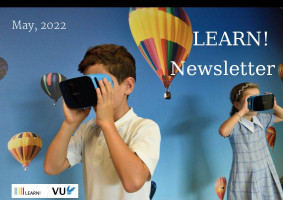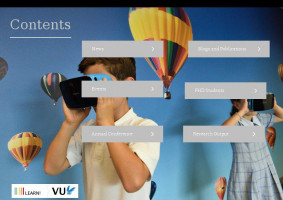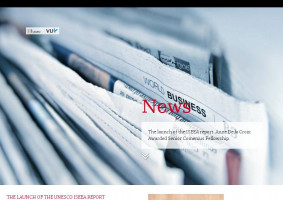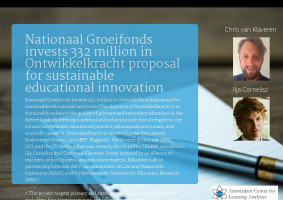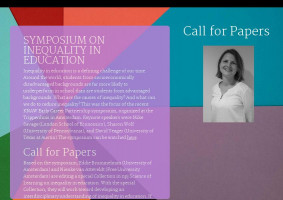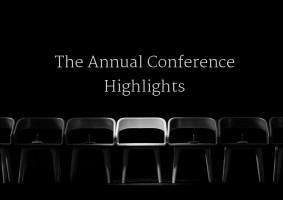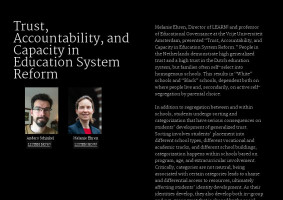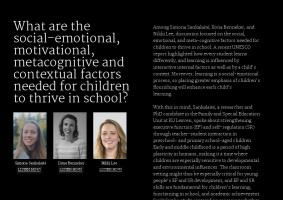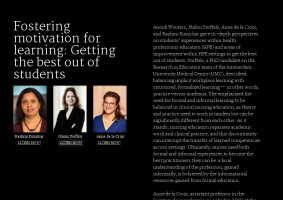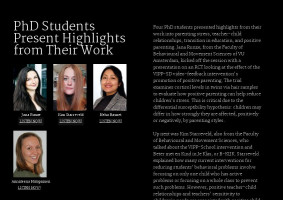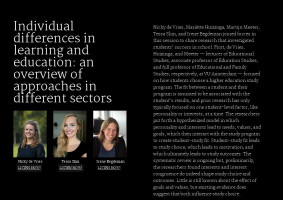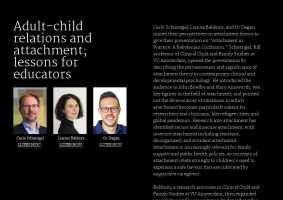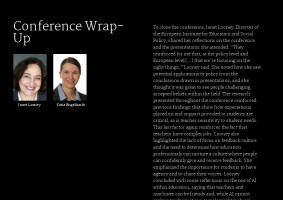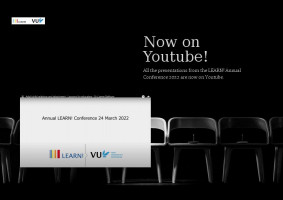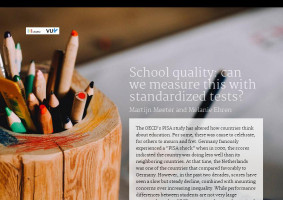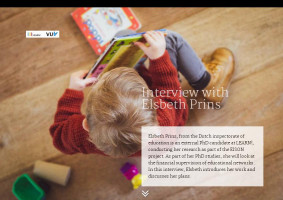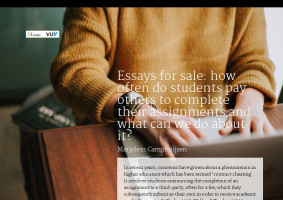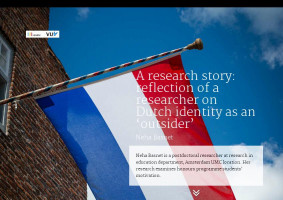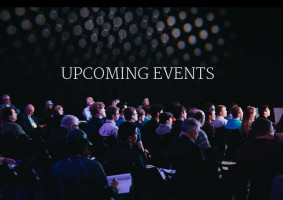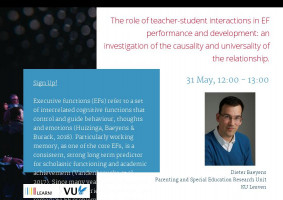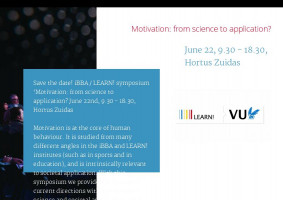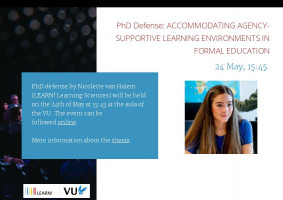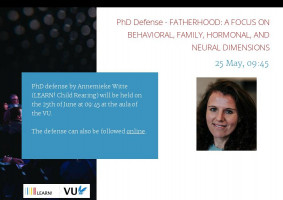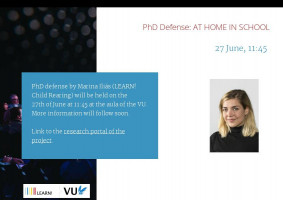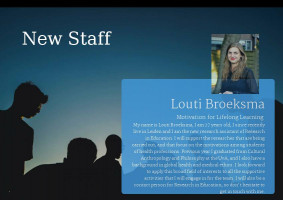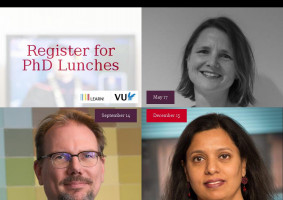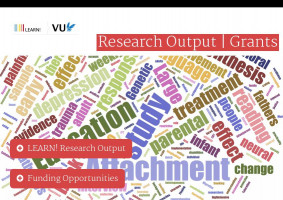Elsbeth Prins, from the Dutch inspectorate of education is an external PhD candidate at LEARN!, conducting her research as part of the EISON project. As part of her PhD studies, she will look at the financial supervision of educational networks. In this interview, Elsbeth introduces her work and discusses her plans.
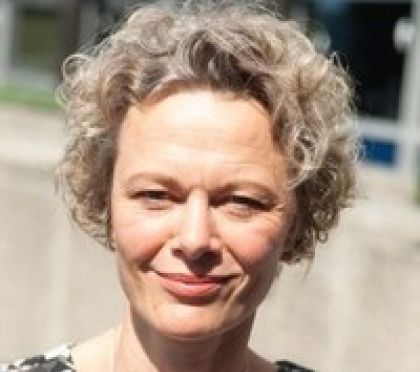
Can you tell us about your academic and professional background?
I completed my Master's degree in technical business administration at the University of Groningen. Following my studies, around the year of 2000, I started working as an internal auditor in the financial services industry. However, because I missed the academic life while working as an auditor, I completed another degree in cultural studies as a hobby and two postgraduate degrees in controlling and IT auditing for work.
After working as an internal auditor for ten years, I took management positions in financial departments. Then, several years ago, I transitioned into education because I wanted to work on something with higher relevance to society. Thus, I trained as a school administrator, but I decided to work for the inspection instead since school administration turned out to be too operational for me, and I wanted to use my auditing experience. For the last two years, I have been working for the Dutch inspectorate of Education, where I was offered to participate in the EISON program with the possibility to do a Ph.D. At the time, it seemed to me like a perfect way to combine work and research. However, I have not yet found the right balance between the two. I think readers will also recognize that urgent tasks overshadow less urgent ones, even if they are important, like working on the outline of your research.
Can you tell us more about the EISON project?
The EISON project - which stands for external and internal supervision arrangements for organizational networks addressing complex societal issues - is a cooperation between academics and several inspectorates: education, healthcare, social housing and safety. The object of the research is the supervision of networks.
Networks are organizations that can work together and achieve more working together than they can achieve by themselves. Within the education field, we are looking at networks for inclusive education that are supervised (or evaluated) by the inspectorate of education. These formal networks are mandated by legislation and include both mainstream schools and schools for special education who receive funding to provide support for children who need this. The network (coordinated by a separate authority) needs to allocated budget to schools to ensure all children in the region receive the support they need; where possible in a mainstream school. The EISON study will look at how inspection and supervision of networks can contribute to this goal. As my area of expertise is in finance, my research will focus on the financial aspects of supervision, the financial decisions made within the network, and the effects of these decisions on network effectiveness.
What is the added value of studying the financial structures and incentives of networks?
Financial structures of networks are an interesting and much under developed area of work, but money is a key driver for how partners in a network collaborate; particularly where budgets are limited, partners in a network need to decide which areas of work to prioritize and this will have a big effect on the outcomes of the network.
Other interesting aspects of network finances concern rules and regulations. For example, the money meant for education must not be spent on care. However, for teachers working with students who need extra support, teaching and care are two sides of the same coin, making it challenging to find the proper funding. Thus, the network organizations are confronted with the fact that they may need to offer specific arrangements in terms of funding that may be a mix of education and care. The problem is that they are not allowed to do so by law.
What do you wish to achieve with your Ph.D. project?
I hope my work has practical value to society rather than simply expanding the body of knowledge. I expect policymakers to use my project to improve policies concerning the financial management of networks. Additionally, it would be good to improve the work of the inspectorate, such as how external inspection can build on the internal accountability structures in networks.
How do you think the next few years will look like doing a part-time Ph.D.?
It is an extra challenge as a part-time Ph.D. student to dedicate the time to Ph.D. work. Some of my other colleagues have told me they spend one day per week at the university so that they meet people and devote their time exclusively to their Ph.D. work. This sounded like a good idea, but of course, the pandemic has prevented this. One other colleague who was doing her Ph.D. had to stop due to the high demands of her job at the inspectorate. So that is also a warning for me that time management will be a big challenge for the next few years.
Can you tell us more about this work at the inspectorate?
At the inspectorate, I supervise several research projects. One of these projects concerns the financial surplus that boards have, where they are not spending their lump sum funding in the designated year. Some school boards have underspent their allocated budgets for more than ten years with large sums in the organization’s bank account. Two years ago, we tried to come up with a formula for how much money the boards need to have in reserve, and we figured out that a lot of the boards were not spending enough on education. My job as an inspector is to monitor this surplus money and stimulate the board to spend it. Here, too, you can see the same mechanism at work where decision-making around money is involved. What is very remarkable is that the networks for inclusive education that I have discussed above are also considered very rich. They receive a lot of money, and they are not spending it.
